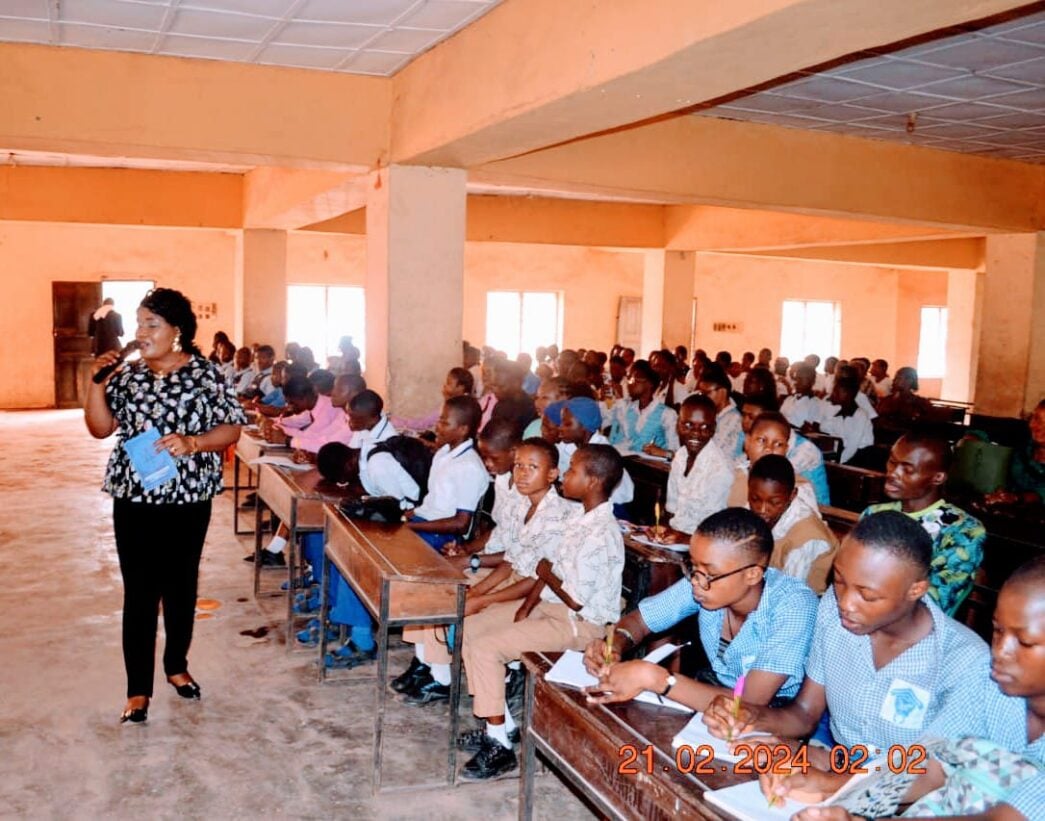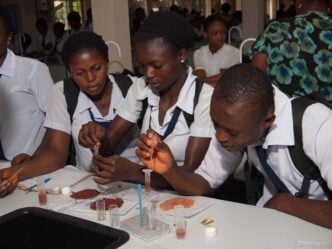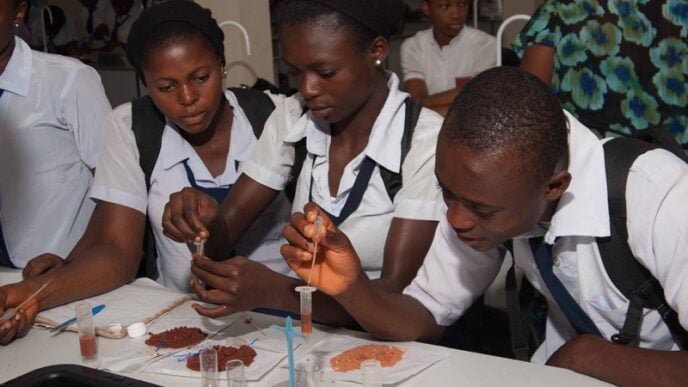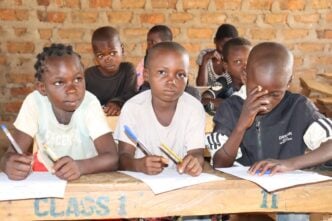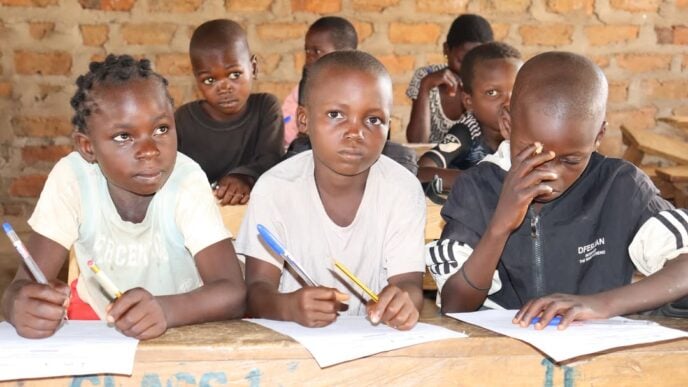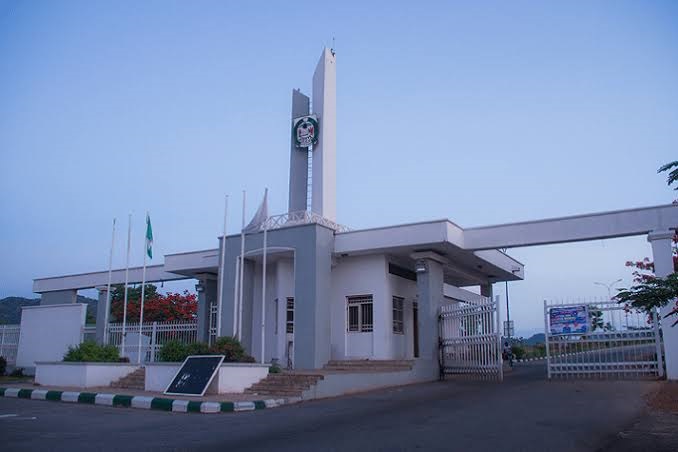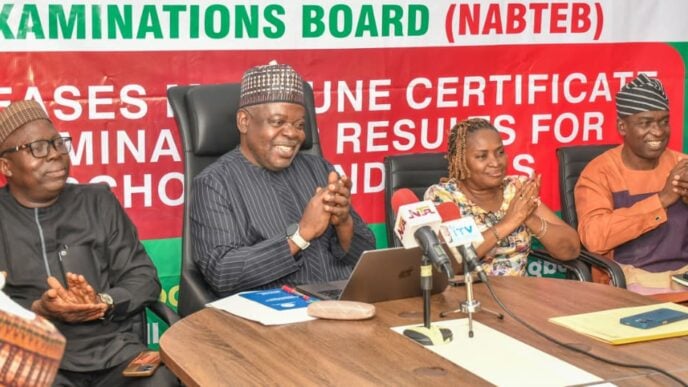The Katsina state government has initiated process to domesticate the National Policy on Safety, Security and Violence Free Schools (NPSSVFS).
The NPSSVFS, created in 2021, was designed to protect children and teachers from attacks.
Zainab Musa-Musawa, the commissioner for basic and secondary education, received the policy document on Monday in Katsina.
The event was part of activities to mark the 6th international day to protect education from attack, to be observed on September 9, 2025.
Advertisement
The event is being organised in collaboration between the ministry, Save the Children International (SCI), GoalPrime Nigeria, and the Education Cannot Wait First Emergency Response (ECW-FER) project.
The theme of the event was “Challenging Narratives, Reshaping Action.”
Musa-Musawa said insecurity, particularly in the north-west, has disrupted schools and affected learning especially in the state.
Advertisement
She said the state government has adopted proactive measures to make schools safe, secure and inclusive for children.
“Under Gov. Dikko Radda’s leadership, we’re investing in educational infrastructure, teacher capacity building, security coordination, and psychosocial support for children affected by insecurity,” he said.
“We acknowledge the intervention of our development and humanitarian partners, especially Save the Children and GoalPrime Organisation of Nigeria, with funding support from ECW FER.”
The commissioner said the state has established community-based child protection committees and provided psychosocial support services.
Advertisement
She said the state has also rehabilitated disability-friendly classrooms, gender-segregated toilets, and undertaken capacity building for teachers.
Musa-Musawa said the state government is prioritising protection to create safe and more secure learning environment for students and teachers via reshaping actions.
“This will be done through the domestication and implementation of the strengthen the initiatives of the state governor,” she said.
Musa-Musawa said the state government in collaboration with the development partners trained 30 master trainers on the NPSSVFS, to strengthen community level awareness and early warning systems.
Advertisement
Musa-Musawa reiterated commitment to the protection of children rights to education under a protective environment.
“To achieve this, we require the collective efforts of community/religious leaders, security agencies, parents, and the development partners to support the efforts of the state government,” she said.
Advertisement
Badar Musa, deputy director advocacy at the SCI, said the policy also ensured that all relevant stakeholders have a role to play in ensuring children are safe on their way to school, in school, and also while coming back.
“You’ll agree with me that in the insecurity situation we find ourselves in, for an attack to happen, the people don’t just come, they do their assessment, do surveys, stay in the communities like a day or two, and people don’t talk about it,” he said.
Advertisement
“One of the challenges we identified is that the community members are not aware of what to do when it comes to the early warning system, identifying these issues, and reporting to the relevant authorities.
“So, the policy has identified the role and responsibilities of all the relevant stakeholders from the state down to the community levels. Domesticating this policy in Katsina will look at the contextual issues within the state.
Advertisement
“Once it’s domesticated, the community level engagement will be strengthened, people will begin to report issues around attacks on schools, abduction, kidnapping, and things related to that.”

